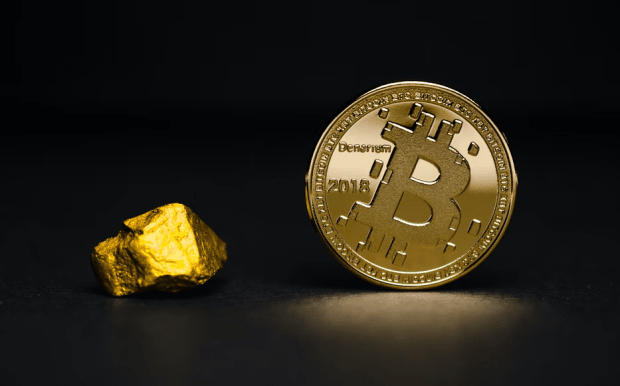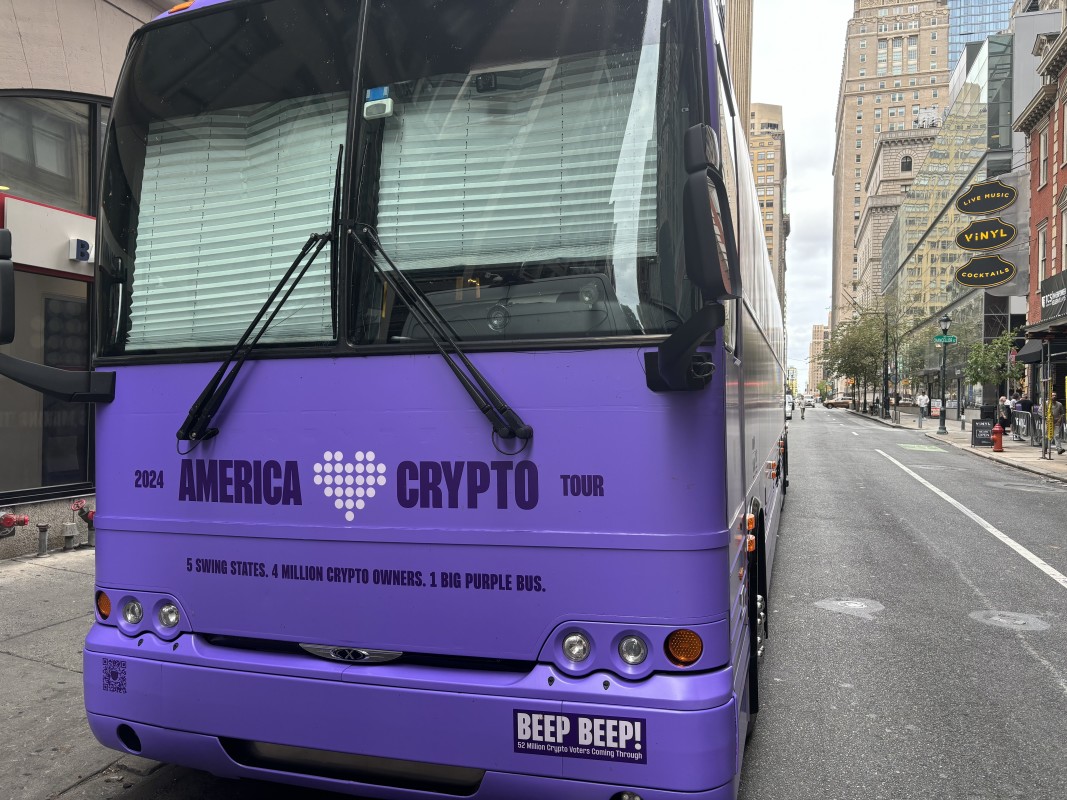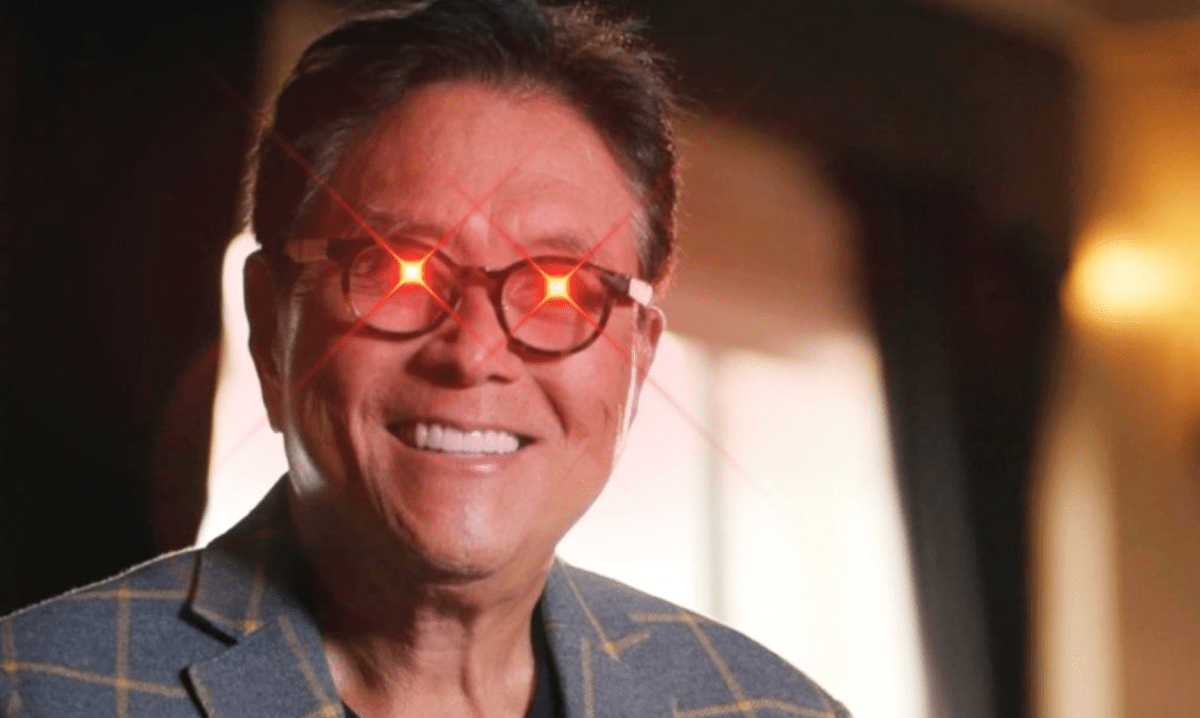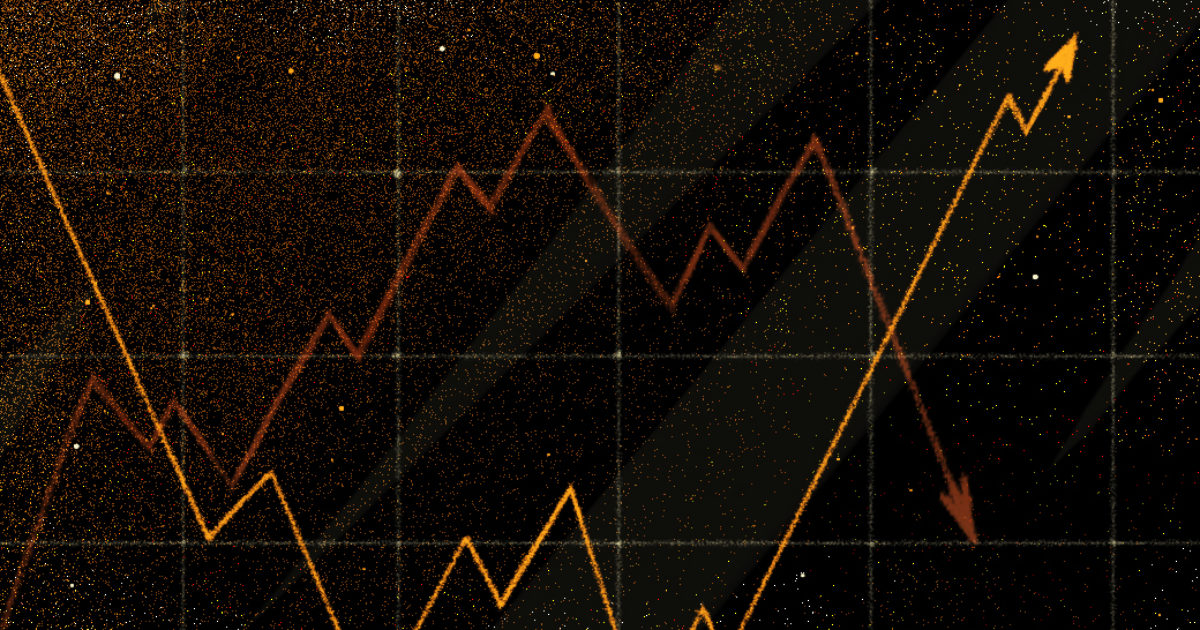Peer-To-Peer Is Patriotic
The founding principles of Bitcoin echo that of the genesis of the United States of America.
In the spring of 1774, the British Parliament passed the Coercive Acts, dubbed the Intolerable Acts by the soon-to-be-free Americans. Months later, in the spring of 1775, Paul Revere would ride at midnight carrying word that the “British are coming” for Concord and Lexington. These actions and countless other critical events of the American Revolution would eventually lead to the Constitutional Convention in the summer of 1787.
Then, 222 years after the United States Constitution was drafted, on January 3, 2009, the genesis block of bitcoin was minted. Buried deep in its depths was a headline from that day’s Times article claiming: British Chancellor “on brink of second bailout for banks.” Only months earlier, in November 2008, a pseudonym of unknown nationality sent an email carrying word of a peer-to-peer electronic cash system with no trusted intermediary. Despite Satoshi Nakamoto’s speculated national origin, interestingly, the Bitcoin network is forged with parallel principles that are patriotic and American. A group of peers freely electing to interact with each other could be used to describe citizens constituting a constitutional republic such as the United States of America or nodes in the nebulous network of Bitcoin.
The founding fathers avidly objected to the oppressive rule of royalty and oligarchs. With striking similar sentiment, many also had strong opinions on the ills of paper currency controlled and coerced by banksters and bureaucrats.

Decentralization Is An American Ideal
America has always embraced the decentralization of power and authority. The balance and separation of powers is critical in the reasoning behind the complexities of three branches of government in the United States: with liberty and justice for all. Similarly, the balance and separation of authority is critical in the complexities of the Bitcoin network of nodes: with immutability and verifiability for all.
1776: NO TAXATION WITHOUT REPRESENTATION
In 1776, sovereigns from 13 English colonies banded together to declare independence, eventually successfully pushing back against tyrannical foreign authority—forming a burgeoning United States of America in the name of more localized and decentral rule.
2009: NO INFLATION WITHOUT REPRESENTATION
In 2021, sovereigns from nearly every nation on the planet are banding together to declare independence against a tyrannical (in many cases foreign) monetary authority—forming the burgeoning network of Bitcoin in the name of a more localized and decentralized rule.
Founding Fathers Fought Paper Money
“Paper money has had the effect in your State that it will ever have, to ruin commerce—oppress the honest, and open the door to every species of fraud and injustice.”
— George Washington, January 9, 1787
“[I]t [paper money] is liable to be abused, has been, is, and forever will be abused in every country in which it is permitted.”
— Thomas Jefferson, November 6, 1813
“All the Perplexities, Confusions and Distresses in America arise not from defects in their Constitutions or Confederation, not from want of Honour or Virtue, So much as from the downright Ignorance of the Nature of Coin, Credit and Circulation.”
— John Adams, August 25, 1787
“The more the people are discontented with the oppression of taxes; the greater need the prince has of money to distribute among his partisans and pay the troops that are to suppress all resistance, and enable him to plunder at pleasure.”
— Benjamin Franklin, June 2, 1787
“Bank-paper must be suppressed, and the circulating medium must be restored to the nation to whom it belongs.”
— Thomas Jefferson, September 11, 1813
“Every thing predicted by the enemies of banks, in the beginning, is now coming to pass. [We] are to be ruined now by the deluge of bank paper as we were formerly by the old Continental paper.”
— Thomas Jefferson, January 16, 1814
“[P]aper is poverty, that it is only the ghost of money, and not money itself.”
— Thomas Jefferson, May 27, 1778
“History records that the ‘money changers’ have used every form of abuse, intrigue, deceit, and violent means possible to maintain their control over governments by controlling money and its issuance.”
—Olive Cushing Dwinell, The Story of Our Money (1946)

Constitutional Convention
Paper Money Unconstitutional, Voted Down: 9–2
James Madison carefully drafted a set of notes, warnings and explanations from his famous speech opposing paper money to the Constitutional Convention on November 1, 1786. Following the speech, the framers of the US Constitution voted down language explicitly giving the federal government the power to issue legal tender paper money and bills of credit.
The language was removed on a vote of 9–2. Major points of Madison’s 1786 speech are as follows:
- Unequal to Specie
- Unjust
- Unconstitutional
- Antifederal
- Unnecessary
- Pernicious
Article I, Section 10, Clause 1 (US Constitution)
Here is the final language agreed upon by the framers and convention:
“No State shall enter into any Treaty, Alliance, or Confederation; grant Letters of Marque and Reprisal; coin Money; emit Bills of Credit; make any Thing but gold and silver Coin a Tender in Payment of Debts; pass any Bill of Attainder, ex post facto Law, or Law impairing the Obligation of Contracts, or grant any Title of Nobility.”

Limited Government Requires Limited Money
“If Congress can do whatever in their discretion can be done by money, and will promote the general welfare, the Government is no longer a limited one possessing enumerated powers, but an indefinite one subject to particular exceptions.” — James Madison, January 21, 1792
Free Markets Require Free Money
In the land of the free and the home of the brave, free folk need free money.
When in the course of human events, it becomes necessary for people to dissolve the monetary bands which have connected them, to assume among the powers of earth and energy—Bitcoin—the separate and equal station to which the laws of nature and God entitle them.
We the people, in order to form a more perfect money, establish scarcity, insure probabilistic immutability, provide for common value defense, promote general welfare, and secure the blessings of liberty to ourselves and our posterity, do ordain and establish this network of nodes.
To fully free the world and the markets, we must first free the tender.
This is a guest post by Tyler Bain. Opinions expressed are entirely their own and do not necessarily reflect those of BTC, Inc. or Bitcoin Magazine.









